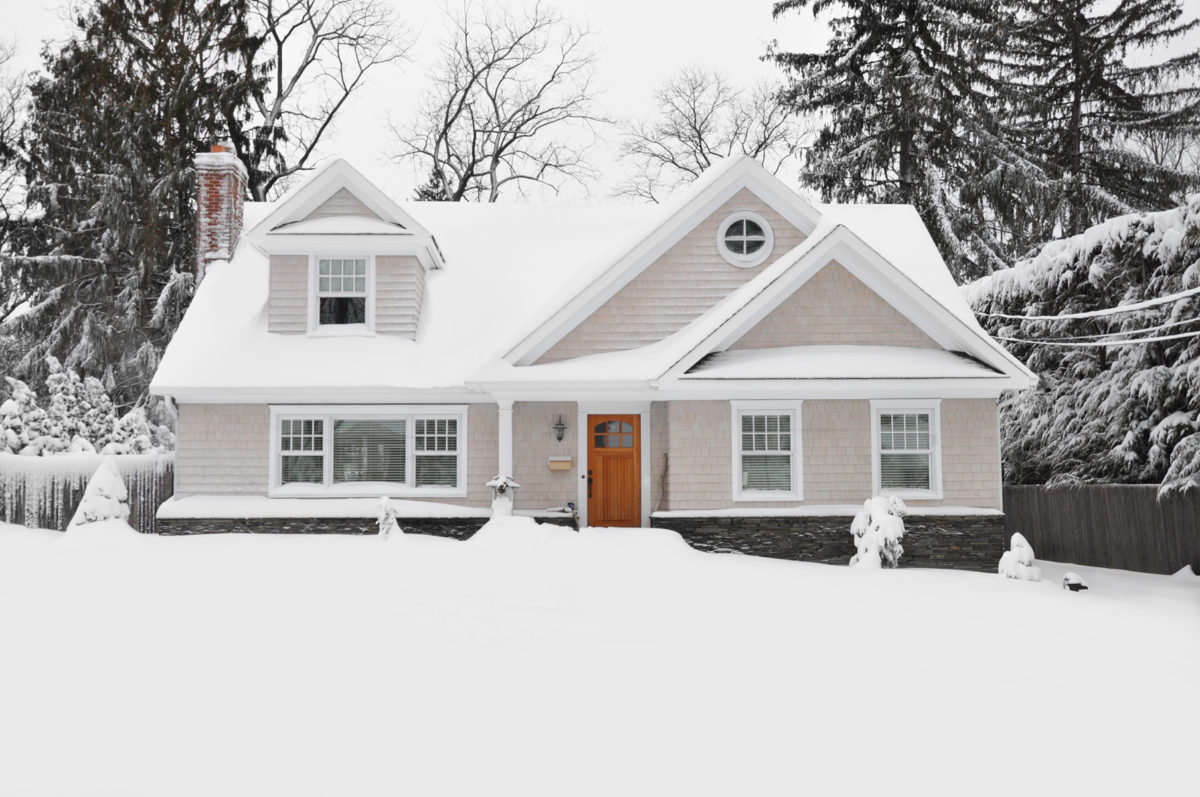 Finding the right home can feel like a lot of pressure, but I’d like to share some easy steps to relieve much of the stress. Buying the best home for you and your family should be an enjoyable experience. Taking some of the complications out of the process, and planning for success, can help make your home search much more of a joy and success.
Finding the right home can feel like a lot of pressure, but I’d like to share some easy steps to relieve much of the stress. Buying the best home for you and your family should be an enjoyable experience. Taking some of the complications out of the process, and planning for success, can help make your home search much more of a joy and success.
If you’re looking for a new home this New Year, here are my top house hunting tips that can get you started, and help you find your next dream home.
Prepare for Your House Hunt This New Year with These 4 Tips
1. Make a Wishlist of Your Needs, Wants, & Dreams
One mistake house hunters make, is they’re either not picky enough or not open-minded enough. Making a list and ordering your wants and needs by priority, can help narrow down your choices, which in turn avoids looking at houses that never had a shot from the get-go.
Keep in mind that some of your wants and needs will be non-negotiable, while others may be more optional or bonus based.
Consider These Bigger Needs:
Number of bedrooms
Number of bathrooms
Neighborhood
School District
Yard
Garage
House Type
Is remodeling an option?
List the Minor Details that Make a Major Impact on Your Choice:
Storage
Flooring type
Fenced-in yard
Electric or gas heating and stove
Appliances
Fireplace
Nearby parks, restaurants, other businesses
The more you figure out now, the easier it will be to find your ideal home. Know where you’re willing to compromise and what is a deal-breaker. I always suggest sticking to your desired location, home condition, and price.
2. Set Your Budget and Stick to It
Budget matters. Getting pre-approved for a loan will help you decide on your budget, and make the process more enjoyable, knowing which homes are within your reach.
Try not to look at homes above your budget. You don’t want to fall in love with a home that’s out of your financial reach.
3. Begin Your Research Early
Once you’ve established your budget, start scoping out available houses to see what your budget can buy you. Be sure you’re looking in neighborhoods you could envision yourself living in. Location has a huge impact on home prices, so you want to stay realistic for what you can get in an area you want.
Take notes on what you like about some homes and dislike in others. This list will save you a lot of time by eliminating homes that aren’t to your taste or practical for your family.
4. Let’s Go to Some Open Houses or Set Up Some Previews
Getting used to going into a home, looking beyond the staging, and articulating what you like and dislike doesn’t always come easy. Physically looking at homes can get you in the practice of assessing homes, without the pressure of having to decide if it’s your next home.
Sometimes a home’s listing photos seem to dazzle, but when you arrive, the house is a dud. At the same time, some homes can look much better in person! Previewing listings can go a long way in aligning expectations with reality.
Walking through a variety of homes also lets you experience a difference in layouts, lighting, and home materials. You may even surprise yourself, by falling for a type of flooring, exterior, or layout you had never considered in the past.
Happy New Year and Happy House Hunting!
Finding a real estate agent who will go above and beyond for you can make the home buying process fun and effective. I would love to be that agent who helps you find your new home this year. If you have any questions, or you’re ready to scope out some of the newest homes on the market, don’t hesitate to give me a call today.
Image credit: Natali_Mis | iStock | Getty Images Plus



 You’ve probably pulled out the winter gear this week, but have you winterized your home yet? As we enjoy the fall weather, it’s a great time to think about how you can protect your property by preparing for winter here in the Twin Cities.
You’ve probably pulled out the winter gear this week, but have you winterized your home yet? As we enjoy the fall weather, it’s a great time to think about how you can protect your property by preparing for winter here in the Twin Cities.
 Is it time to begin your house hunting journey? As millennials begin to look into purchasing homes, the real estate market has prepared itself by adapting to a millennial mindset. We see renovations geared toward green living, functional spaces and technologically ‘smart’!
Is it time to begin your house hunting journey? As millennials begin to look into purchasing homes, the real estate market has prepared itself by adapting to a millennial mindset. We see renovations geared toward green living, functional spaces and technologically ‘smart’!
 From financial experts to real estate agents, many people have expressed concern about the affordability of houses for first-time home buyers. In the past, so-called “starter homes” were plentiful, the result of smart urban planning, innovative government programs and the collective wisdom of individual builders. But in recent decades starter homes have become much less common, leaving many younger buyers out in the cold.
From financial experts to real estate agents, many people have expressed concern about the affordability of houses for first-time home buyers. In the past, so-called “starter homes” were plentiful, the result of smart urban planning, innovative government programs and the collective wisdom of individual builders. But in recent decades starter homes have become much less common, leaving many younger buyers out in the cold.


 Mortgage lenders require a lot of documentation to complete a mortgage application. Forgetting something or getting the wrong information can cause lengthy delays. It could even cause borrowers to miss a deadline and lose the house they have their eyes on. Therefore, applicants should make sure they have all the documentation they need organized and ready to go, prior to getting your
Mortgage lenders require a lot of documentation to complete a mortgage application. Forgetting something or getting the wrong information can cause lengthy delays. It could even cause borrowers to miss a deadline and lose the house they have their eyes on. Therefore, applicants should make sure they have all the documentation they need organized and ready to go, prior to getting your